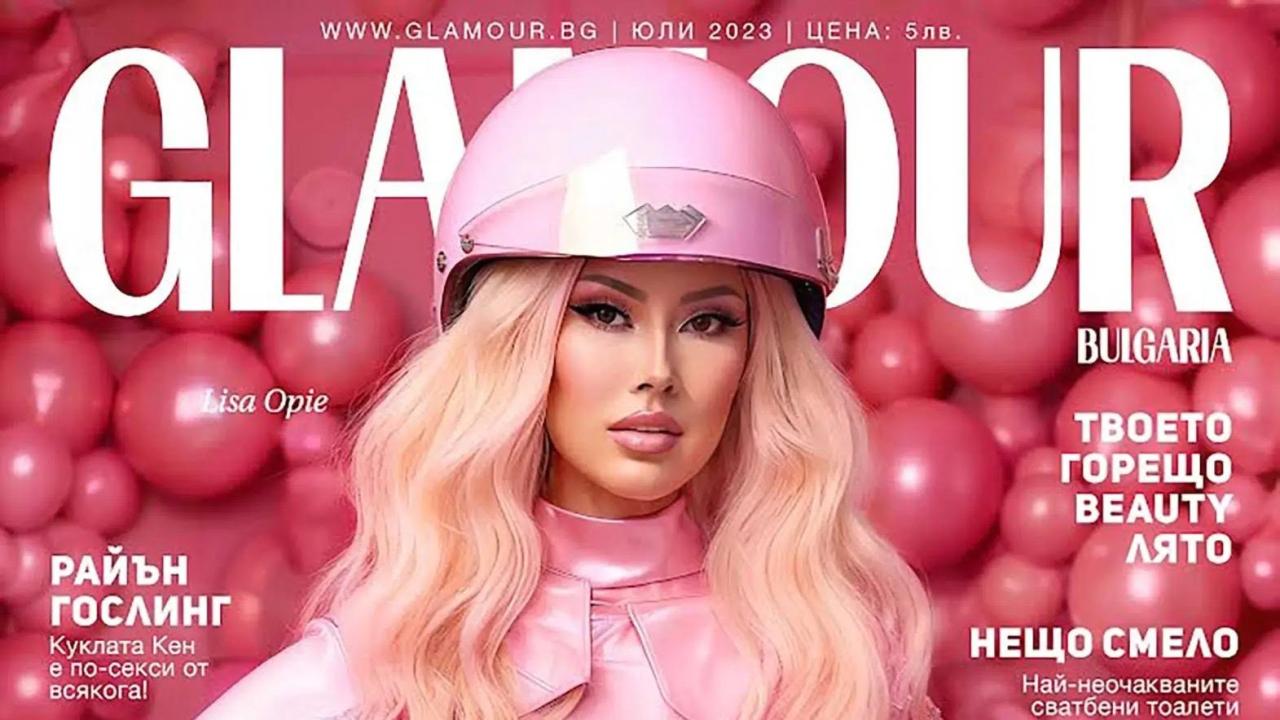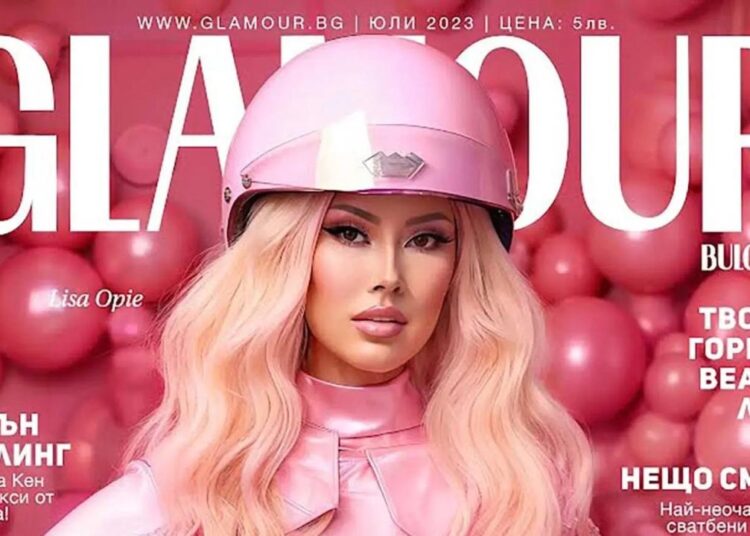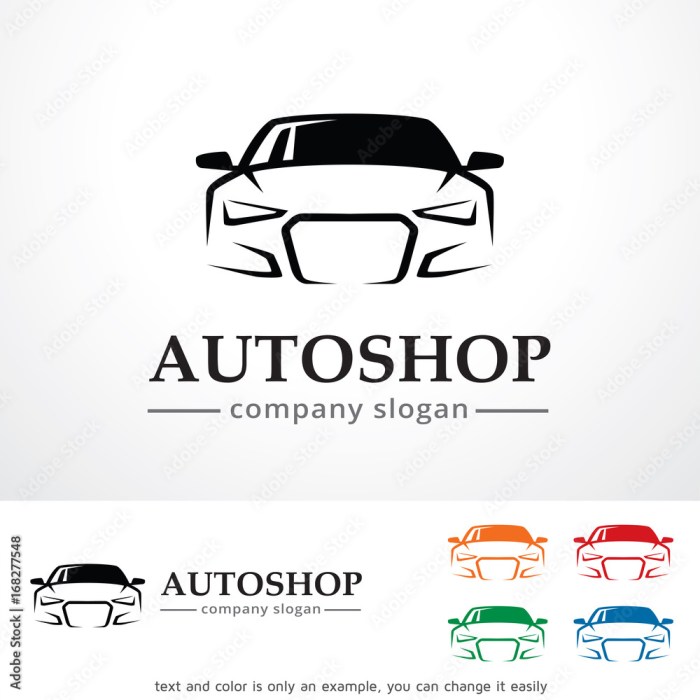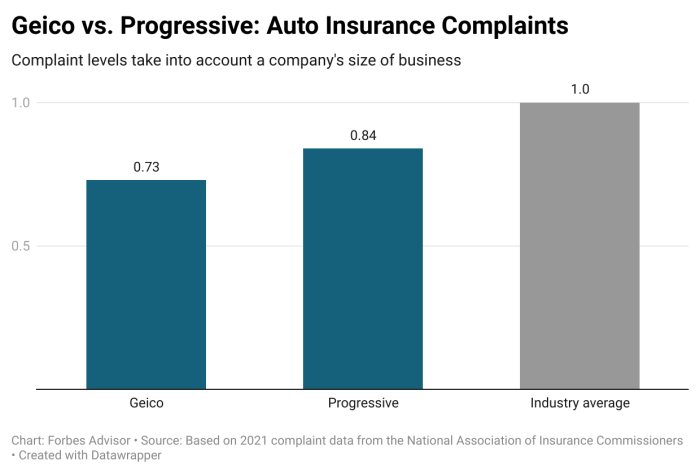Embark on a fascinating exploration into the world of digital beauty stars, where cutting-edge AI labs are reshaping beauty trends and influencing fashion covers. Discover how this dynamic landscape is revolutionizing the way we perceive beauty in the digital age.
As we delve deeper, we uncover the transformative impact of AI technology on beauty products and services, as well as its role in redefining marketing strategies and customer engagement within the beauty industry.
From AI Labs to Fashion Covers: Digital Beauty Stars
In the digital age, the concept of digital beauty stars has emerged as influential figures who gain popularity and recognition primarily through online platforms and social media.
Role of AI Labs in Shaping Digital Beauty Trends
AI labs play a crucial role in shaping digital beauty trends by developing algorithms that analyze user preferences, facial features, and beauty standards. Through AI technology, beauty companies can create personalized products and services tailored to individual needs and trends.
Digital Beauty Stars Influence on Fashion Covers and Beauty Campaigns
Digital beauty stars have a significant impact on fashion covers and beauty campaigns, as they often collaborate with brands to promote products and showcase the latest trends. Their large following and engagement on social media platforms make them ideal partners for beauty and fashion brands looking to reach a wider audience.
The Rise of AI in Beauty Industry
AI technology has significantly impacted the beauty industry, revolutionizing the way products and services are developed, marketed, and experienced by consumers. Through the use of artificial intelligence, beauty brands can now offer personalized solutions and enhanced customer experiences like never before.
AI Applications in Beauty
- Virtual Makeup Try-On Tools: AI-powered platforms allow users to virtually try on makeup products, enabling them to visualize different shades and styles before making a purchase.
- Personalized Skincare Recommendations: AI algorithms analyze users' skin types, concerns, and preferences to recommend customized skincare routines and products.
- Color Matching Technologies: AI tools can match users' skin tones to the perfect foundation shade or lipstick color, ensuring a seamless and accurate selection process.
AI in Marketing and Customer Engagement
- Targeted Advertising: AI algorithms analyze consumer data to deliver personalized product recommendations and targeted marketing campaigns based on individual preferences and behaviors.
- Chatbots and Virtual Assistants: Beauty brands utilize AI-powered chatbots to provide instant customer support, product recommendations, and beauty tips, enhancing the overall customer experience.
- Augmented Reality Experiences: AI technology enables virtual try-on experiences, allowing customers to experiment with different makeup looks or hair styles in real-time through AR applications.
Evolution of Digital Beauty Standards
The evolution of beauty standards in the digital age has brought significant changes to how beauty is perceived and portrayed. Traditional beauty standards have often been based on physical attributes such as symmetry, clear skin, and specific body shapes. However, with the rise of social media and digital platforms, modern beauty trends have become more diverse and inclusive.
Comparison of Traditional and Digital Beauty Standards
- Traditional beauty standards often promoted a narrow definition of beauty, focusing on unattainable ideals. In contrast, digital beauty trends celebrate uniqueness and individuality, embracing imperfections and diversity.
- In the past, beauty was heavily influenced by airbrushed images in magazines and advertisements, creating unrealistic expectations. Today, with the use of filters and editing tools, digital beauty standards blur the line between reality and fantasy.
- While traditional beauty standards may have perpetuated stereotypes and limited representation, digital beauty has opened up opportunities for people of all backgrounds to shine and redefine beauty on their terms.
Implications of Digital Beauty Standards on Inclusivity and Diversity
- Digital beauty standards have the potential to challenge outdated norms and promote inclusivity by showcasing a wider range of beauty ideals. This shift can empower individuals who may have felt marginalized in the past.
- By embracing diversity in beauty, the industry can create a more inclusive environment where people of all races, genders, and body types feel represented and valued. This can lead to greater acceptance and appreciation of different forms of beauty.
- However, it is important to be mindful of the potential pitfalls of digital beauty standards, such as promoting unrealistic beauty standards or perpetuating harmful beauty trends. It is crucial to strike a balance between celebrating diversity and promoting healthy self-image.
Influencer Culture and Digital Beauty
In today's digital age, influencer culture has become intertwined with the rise of digital beauty stars, shaping trends and influencing consumer behavior in the beauty industry.
Influencers Leveraging Social Media Platforms
- Influencers leverage social media platforms like Instagram, YouTube, and TikTok to showcase beauty products and trends to their followers.
- Through engaging content such as makeup tutorials, product reviews, and beauty hacks, influencers create a direct connection with their audience, driving interest and sales in the beauty industry.
- Brands often collaborate with influencers to reach a wider audience and increase brand awareness, tapping into the influencer's loyal following and credibility in the beauty space.
Impact of Influencer Collaborations
- Influencer collaborations have revolutionized the beauty industry, with influencers becoming key players in shaping consumer preferences and purchasing decisions.
- Consumers often trust influencers' recommendations and reviews, leading to increased sales and brand loyalty for beauty products endorsed by influencers.
- These collaborations have also democratized beauty standards, showcasing diverse beauty ideals and promoting inclusivity in the industry, challenging traditional beauty norms.
Conclusion

In conclusion, From AI Labs to Fashion Covers: Digital Beauty Stars unveils a captivating narrative of innovation and creativity, shedding light on the evolving landscape of beauty standards and influencer culture. It's a journey that celebrates diversity, inclusivity, and the limitless possibilities of digital beauty in today's interconnected world.
Detailed FAQs
What are digital beauty stars?
Digital beauty stars are individuals who have gained prominence through their online presence, often leveraging AI technology to enhance their beauty and influence fashion trends.
How do AI labs contribute to shaping digital beauty trends?
AI labs play a crucial role in developing technologies that enhance beauty products and services, leading to innovative trends that redefine traditional beauty standards.
What is the impact of influencer collaborations on consumer behavior?
Influencer collaborations have a significant influence on consumer behavior, driving trends and shaping purchasing decisions within the beauty industry.










